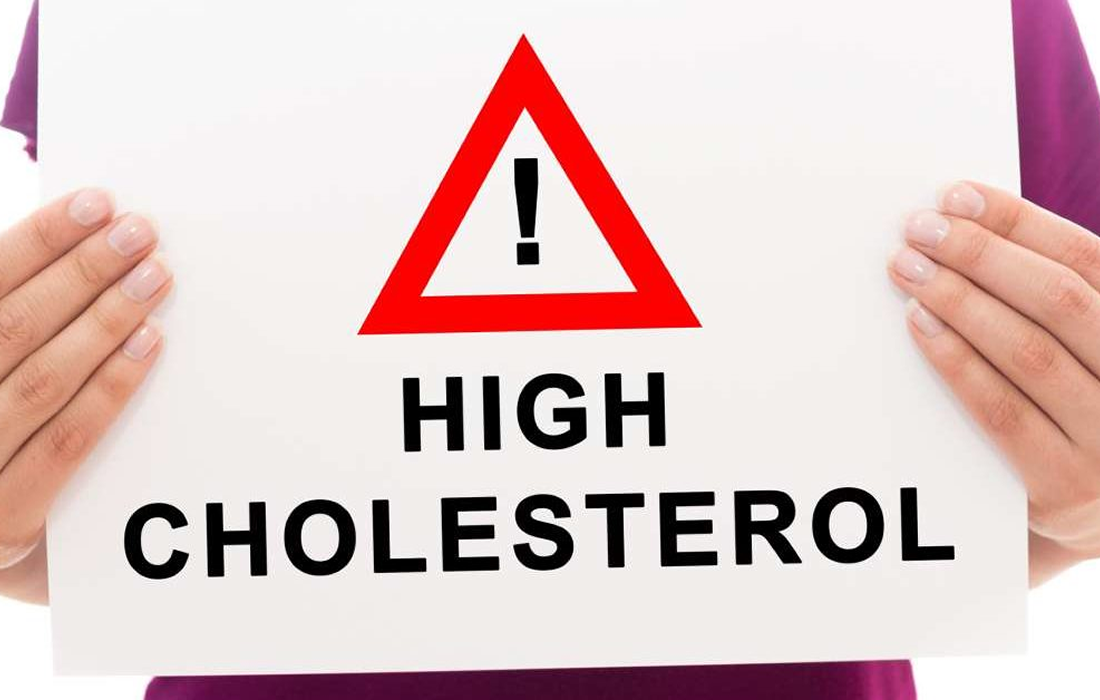Regenerative Medicine News and General Information
The Role of Cholesterol in Cancer
Cholesterol is an essential lipid for maintaining cellular homeostasis. Besides being a precursor for steroid hormones, and being an essential component of plasma membranes, it is also enriched in lipid rafts and plays a key role in intracellular signal transduction. Cholesterol is primarily synthesized in the liver and transported to cells around the body through the bloodstream as a low density lipoprotein (LDL)-bound form.
Cholesterol level tends to be high in cancer cells but it is currently controversial as to what this means. Some epidemiological studies suggest a positive association between elevated serum cholesterol level and risk for certain cancer types. For example, a 10 mg/dL increase in cholesterol was associated with a 9% increase in prostate cancer recurrence. Furthermore, another study suggested that statin use was associated with lowered risk of melanoma, non-Hodgkin lymphoma, endometrial, and breast cancers. Another report documented reduction in colorectal cancer mortality with statin use.
In large quantities, cholesterol builds up in the body to form deposits known as plaques, which block blood vessels. This may result in a heart attack, stroke, or other health problems.
Kuzu, et al investigated in a mouse model the link between high cholesterol levels and cancer cell growth and spread. By studying cholesterol regulation in cancer cells and mice, they suggest that high cholesterol levels may fuel cancer resistance to cell death, which can worsen disease outcomes. Their findings reveal a previously undiscovered mechanism through which elevated cholesterol levels influence cancer cells in the body.
Published data from other studies have also demonstrated that high cholesterol promotes the growth of estrogen-positive breast and gynecological cancers owing to derivatives of cholesterol that act like estrogen, fueling cancer growth. In this study the research team observed that cancers that don’t rely on estrogen for growth (estrogen-negative) are still associated with worse disease by high cholesterol, which suggest that there is at least one other mechanism of cancer action for high cholesterol.
The researchers carried out more studies using cell lines and mice models. The results showed that 27HC, a derivative of cholesterol obtained through oxidation, is implicated in cancers. They observed that chronic exposure to 27HC resulted in the growth of tumors that were highly metastatic, meaning that they spread from where they initially formed to other parts of the body.
They also discovered that 27HC induced metabolic stress in cancer cells which allowed them to escape a natural cell death process called ferroptosis. A type of cell death that is accompanied by a large amount of iron accumulation and lipid peroxidation. As a result, this increased the tumor-forming ability and metastatic capacity of the cancer cells.
The researchers think that the results are promising. However, it is too early to confirm the clinical implications of this study. But one thing is clear, that the results of the study go a step further in exploring the mechanisms of action of cholesterol in cancer.
Source:
Omer F. Kuzu, et al. The Role of Cholesterol in Cancer. Cancer Research. April 2016. DOI: 10.1158/0008-5472.
Source link: https://www.medicalnewstoday.com/articles/study-in-mice-reveals-how-high-cholesterol-helps-cancer-spread

